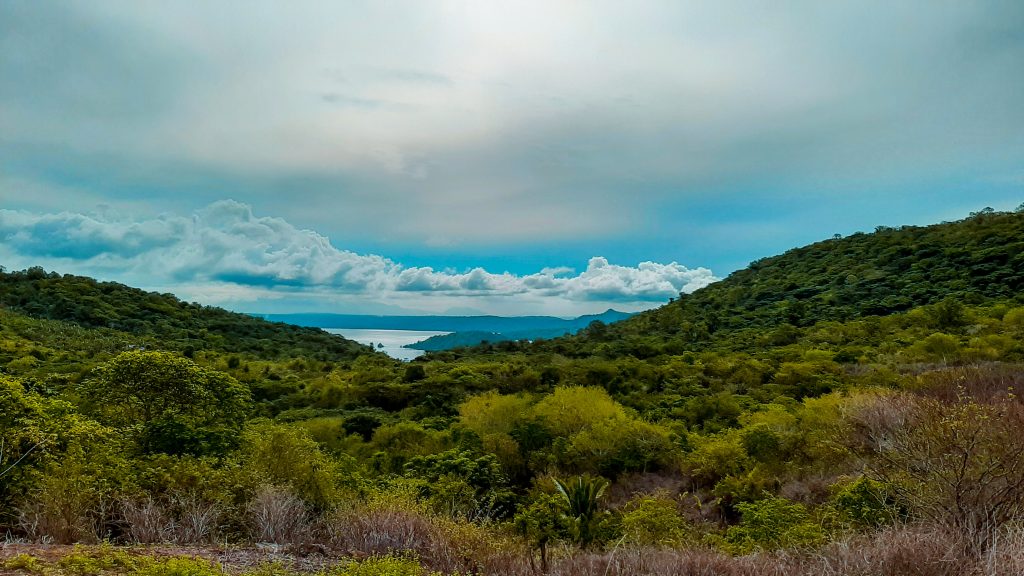What is the importance of sustainability in curriculums?

Many colleges and universities are changing their academic curricula to better prepare their students by incorporating sustainability into their current and future courses. The Australia Curriculum, Assessment and Reporting Authority explained the need for this type of education because it “develops the knowledge, skills, values, and world-views necessary for people to act in ways that contribute to more sustainable patterns of living” (What Is Education for Sustainability). It also discusses how sustainability education is oriented for the future, and this learning supports actions that are sustainable patterns of living by considering environmental, social, cultural, and economic systems and there interdependence. This is achieved through incentives such as grants and funds for their faculty to create more courses that involve sustainability and the environment. These methods help to offer more courses to the student body, which allows students more opportunities to learn and make connections between the classes they are taking and their actions. All of these schools have not only recognized the need for sustainability in education, but they have addressed it through grants and funding for faculty, increasing the number of courses, and creating interdisciplinary courses.

What are other colleges doing?
- Increase the number of courses involving sustainability:
- The Colby Center for Arts and Humanities implemented an Environmental Humanities program, which is funded for four years by an $800,000 Mellon Foundation grant. The goal for this program is to bring a multidisciplinary initiative in both the sciences and humanities to find solutions for the current global issues, and to have students think about “the environment and sustainability as a human issue, not just a scientific, political, or economic issue, and ways that we interact with the environment that produce humanist results”.
- Graduation requirement:
- Each student must satisfy the three-credit Sustainability requirement to graduate. The requirement can be fulfilled by either a sustainability course or co-curricular courses. All of the courses must be approved by the Faculty Senate’s Sustainability Curriculum Review Committee.
- More diverse and creative courses:
- UNH has also developed some more interdisciplinary classes such as Sustainability and LGBTQ Politics from Politics and Women’s Studies Department, and Strong Towns: Sustainable Paces from the Environmental Science Department (University of New Hampshire AC-7: Incentives for Developing Courses).
- Colby College has an Italian Literature and Film class will analyze the relationship and influence between written words and images to the physical environment around them. It will also discuss different forms of nature writing and films from the mid-19th century to 2017, and the students will read theoretical discourse in nature and the environment.
Want to read more?
Here is an additional essay: Incorporation of Sustainability in Curriculum
Links
“Colby Courses 2018-2019.” Environmental Humanities, Colby.
“Office of Sustainability.” UVM’s Undergraduate General Education Requirement in
Sustainability | UVM Office of Sustainability, University of Vermont, https://www.uvm.edu/sustain/news-events/news/new-undergraduate-general-education-requirement-in-sustainability.
“University of New Hampshire AC-7: Incentives for Developing Courses.” AC-7: Incentives for Developing Courses | University of New Hampshire | Scorecard | Institutions | STARS Reports, AASHE,
“What Is Education for Sustainability?” Getting Started with Sustainability in Schools, 12 Nov. 2015, https://sustainabilityinschools.edu.au/what-is-efs.

